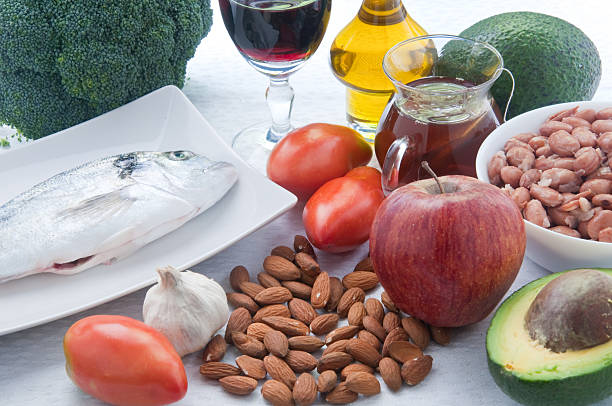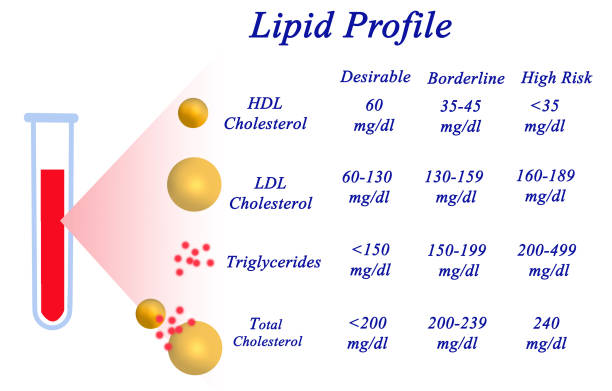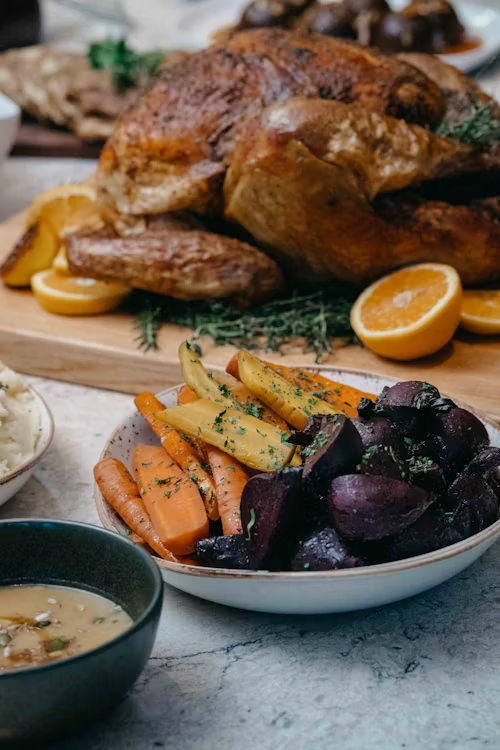Introduction
Lower cholesterol naturally is one of the best steps you can take to protect your heart and overall health. High cholesterol is a silent but major risk factor for heart disease, yet the good news is that it can often be controlled without medication. In this blog, we’ll explore what cholesterol is and why it matters, practical strategies to reduce it naturally, the best foods and drinks that support healthy levels, and the six worst foods you should avoid to keep your heart strong.
What Is Cholesterol and Why Does It Matter?
Cholesterol is a waxy substance found in your blood. Your body needs some cholesterol to build healthy cells, but too much LDL (bad cholesterol) can increase your risk of heart disease and stroke. HDL (good cholesterol), on the other hand, helps remove LDL from the bloodstream.
Balancing these levels is key to good heart health and the best part is, you can do it naturally and fast.
How to Lower Cholesterol Naturally
1. Foods That Lower Cholesterol
When it comes to managing your heart health, diet is one of the most powerful tools you have. Choosing the right foods that lower cholesterol can reduce your risk of heart disease and improve your overall health. Let’s break it down:
Oats and Barley: Fiber Powerhouses
Oats and barley are rich in soluble fiber, which acts like a sponge in your digestive tract. It binds with cholesterol and helps remove it from your body before it enters your bloodstream. A daily bowl of oatmeal or barley soup can make a significant difference.
Tip: Swap white rice for barley or start your day with overnight oats for long-lasting heart benefits.
Nuts: Natural Cholesterol Fighters
Almonds, walnuts, and pistachios are great examples of foods that naturally lower cholesterol. They’re full of unsaturated fats, which raise HDL (“good” cholesterol) while lowering LDL (“bad” cholesterol).
Tip: A handful of unsalted nuts a day is enough – avoid the salted or sugar-coated varieties.
Fatty fish: Omega-3-rich choices
Salmon, mackerel, tuna, and sardines contain omega-3 fatty acids, which lower triglycerides and prevent plaque buildup in the arteries. Among the top cholesterol-lowering foods, fatty fish stand out because they also protect against irregular heartbeats.
Tip: Aim for at least 2 servings of grilled or baked fish each week.
Fruits and vegetables: Antioxidant-packed.
Apples, berries, carrots, broccoli, and leafy greens aren’t just nutritious – they’re also great cholesterol-lowering foods. They’re packed with antioxidants, vitamins, and provide fiber that helps reduce inflammation and promote heart health.
Tip: Fill half your plate with colorful fruits and vegetables at every meal.
Olive Oil: A Heart-Healthy Swap
Replacing butter or ghee with olive oil is a small change that brings big results. Olive oil is a monounsaturated fat that lowers LDL without lowering HDL. This simple switch makes your meal healthier and is consistent with a Mediterranean-style diet.
Tip: Use extra virgin olive oil for salad dressings, sautéing vegetables, or drizzling on whole-grain bread.

Diets like the Mediterranean diet can reduce LDL cholesterol by 9–10% and lower heart disease risk by up to 30% (NEJM study, 2013).
2. Get Active Every Day
Exercise is one of the fastest natural ways to lower cholesterol.
Aim for at least 30 minutes a day, 5 times a week.
Try brisk walking, jogging, cycling, swimming, or even dancing.
Physical activity raises HDL cholesterol and helps lower LDL levels.
150 minutes of moderate exercise per week (e.g., brisk walking, cycling) can raise HDL and lower LDL.
Stat: Regular aerobic activity lowers LDL cholesterol by 3–6 mg/dL and raises HDL by 3–5 mg/dL (Harvard Health).
3. Manage Stress Levels
Chronic stress can indirectly affect your cholesterol levels by triggering poor eating habits and increasing blood pressure.
Natural stress reducers include:
Deep breathing
Yoga or meditation
Regular exercise
Listening to music or spending time in nature
Chronic stress increases cortisol and triglycerides.
Stress-management techniques (like yoga or meditation) lower LDL and improve overall lipid profile.
Stat: A study in Psychosomatic Medicine found stress reduction lowered LDL by 5–10% in participants.
4. Maintain a Healthy Weight
Even a 5–10% reduction in body weight can lower LDL (“bad”) cholesterol and triglycerides while increasing HDL (“good”) cholesterol.
Stat: According to the American Heart Association, losing 10 pounds (≈4.5 kg) can reduce LDL cholesterol by 5–8%.
5. Quit Smoking and Limit Alcohol
Smoking lowers HDL (good cholesterol), while excessive alcohol increases triglycerides.
Stat: Within just 90 days of quitting smoking, HDL levels improve significantly, reducing cardiovascular risk (CDC data).
6. Increase Soluble Fiber Intake
Foods rich in soluble fiber (oats, beans, apples, flaxseeds) help reduce cholesterol absorption in the gut.
Stat: Eating 5–10 grams of soluble fiber daily can reduce LDL cholesterol by 5–11 points (National Lipid Association).
7. Include Plant Sterols and Stanols
Found in fortified margarines, orange juice, and supplements.
Stat: Consuming 2 grams per day can lower LDL cholesterol by up to 10% (Mayo Clinic).
8. Prioritize Quality Sleep
Poor sleep increases cortisol (stress hormone), which raises cholesterol.
Stat: A study in Sleep Health Journal (2018) found that adults sleeping <6 hours per night had 24% higher odds of having high LDL cholesterol compared to those with 7–8 hours.
What Is the Best Drink to Lower Cholesterol?
Certain drinks can help cleanse your arteries and lower bad cholesterol (LDL):
Green Tea Contains catechins that improve cholesterol levels
Pomegranate Juice Rich in antioxidants that protect the heart
Soy Milk A low-saturated fat alternative that helps lower LDL
Oat Milk Packed with beta-glucans that reduce cholesterol
Water with Lemon Helps flush toxins and supports weight management
Avoid sugary sodas and creamy coffees they raise triglycerides and cholesterol.
What Are the 6 Worst Foods for Cholesterol?
To reduce cholesterol fast, cut out or limit these six worst foods:
Fried foods Loaded with unhealthy fats
Processed meats (sausages, bacon) High in saturated fat
Full-fat dairy (butter, cream, cheese) Increases LDL
Baked goods with trans fats (cookies, cakes)
Fast food High in sodium, fat, and sugar
Red meat (especially fatty cuts) Linked to heart disease
Replace these with lean proteins, fruits, and whole grains.
What Is the Normal Cholesterol Level by Age?
A normal cholesterol level is considered to be less than 200 mg/dl. For LDL cholesterol, often referred to as “bad” cholesterol, the ideal level is less than 100 mg/dl, though levels up to 129 mg/dl are considered near-optimal. HDL cholesterol, known as “good” cholesterol, should be 40 mg/dl or higher for men and 50 mg/dl or higher for women the higher, the better. Triglycerides, which are another type of fat in the blood, should be below 150 mg/dl.
These values may slightly vary depending on your age, sex, and health condition, but staying within these ranges is important for maintaining good heart health and reducing the risk of cardiovascular disease.

How to check cholesterol at home?
Today, you don’t always need a doctor’s visit to check cholesterol. You can use at-home test kits, available at pharmacies or online.
Finger-prick tests give total cholesterol and HDL readings.
Digital test kits show LDL, HDL, and triglycerides.
Make sure the test kit is FDA-approved or doctor-recommended for accurate results.
Diseases Associated with High Cholesterol
You can say that a lot of life threatening diseases associated with high cholesterol these include:
Coronary Artery Disease (CAD)
Heart Attack (Myocardial Infarction)
Stroke (Ischemic)
Peripheral Arterial Disease (PAD)
High Blood Pressure (Hypertension)
Vascular Dementia
Pancreatitis (due to high triglycerides)
Erectile Dysfunction
Familial Hypercholesterolemia (genetic disorder)
Conclusion
Lower cholesterol naturally is possible with the right lifestyle changes. By eating heart-healthy foods, staying active, avoiding harmful fats, and monitoring your levels, you can improve your heart health without medication. Start today and take control of your cholesterol the natural way.
FAQS
Some natural supplements like plant sterols, red yeast rice, niacin, and omega-3 fatty acids may help lower cholesterol. However, always consult your doctor before starting any supplement, especially if you’re on medication.
Yes, familial hypercholesterolemia is a hereditary condition that causes very high cholesterol levels regardless of lifestyle. If you have a family history of high cholesterol or early heart disease, regular screenings are essential.
Yes, even a small amount of weight loss—5 to 10% of your body weight—can significantly reduce LDL (bad cholesterol) and triglycerides while increasing HDL (good cholesterol). Maintaining a healthy weight is key for overall heart health.
Most people start seeing improvements in their cholesterol levels within 4 to 6 weeks of consistent diet and exercise changes. However, results may vary based on your body, genetics, and lifestyle habits.
Emerging research suggests that intermittent fasting may help improve lipid profiles by lowering total cholesterol, LDL, and triglyceride levels. However, more studies are needed to confirm long-term effects.
🧑⚕️ About the Author
Dr. Asif, MBBS, MHPE
Dr. Asif is a licensed medical doctor and qualified medical educationist with a Master’s in Health Professions Education (MHPE) and 18 years of clinical experience. He specializes in gut health and mental wellness. Through his blogs, Dr. Asif shares evidence-based insights to empower readers with practical, trustworthy health information for a better, healthier life.
⚠️ Medical Disclaimer
This blog is intended for educational and informational purposes only. It is not a substitute for professional medical advice, diagnosis, or treatment. Always seek the advice of your physician or another qualified healthcare provider with any questions you may have regarding a medical condition. Never disregard or delay medical advice based on content you read here.




Leave a Reply